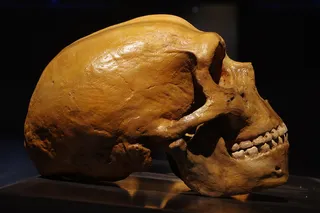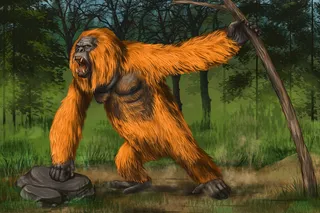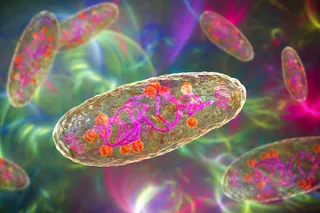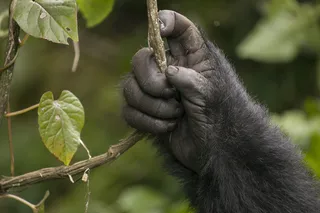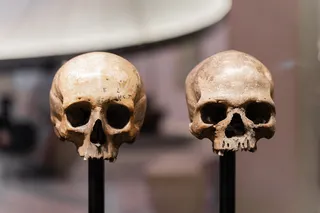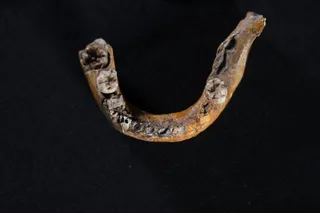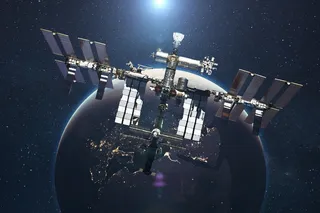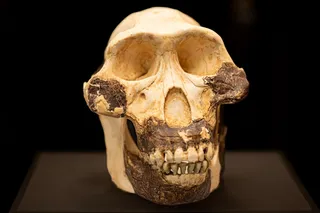Humanity’s ancestors nearly went extinct between 930,000 years and 813,000 years ago, when their numbers dwindled to about 1,280 breeding individuals, according to a new paper.
The study blames climatic conditions during the Mid-Pleistocene Transition, when encroaching glaciers and drought killed off many of the early humans’ food sources.
Generations that lived through the stark 117,000-year period helped to rebuild hominid populations in Europe and Asia to a relatively stable level of about 27,160 breeders.
For the study, researchers from China, Italy and the U.S. built a unique “fast infinitesimal time coalescent process (FitCoal)” model that used 3,154 modern-day genomes to peer deep into the genetic past. Prior to the population collapse, the model estimated a population of about 98,130 early humans that survived until about 930,000 years ago. By about that time, the Mid-Pleistocene Transition had taken effect and lowered global temperatures and thickened the glaciers.
The drastic bottleneck ...





